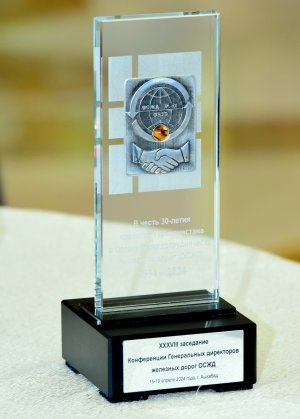The United Nations Economic Commission for Europe's guide to sustainable urban transport offers alternative eco-friendly ways for citizens to travel, including on bicycles, scooters, and on foot.
In the EU, the transport sector accounts for about a quarter of all greenhouse gas emissions. Millions of people die every year as a result of transport accidents, traffic congestion leads to delays in passenger transport and cargo, which results in economic damage of 100 billion euros annually.
All this suggests that the current transport systems of European cities need to be transformed. Experts believe that during the recovery period after the pandemic, it is necessary to improve their efficiency and environmental friendliness.
The authors of the Guide cite the experience of Almaty, Copenhagen and Moscow as examples of using environmentally friendly transport in the city.
Thus, a corridor of high-speed buses and trolleybuses was created in Almaty, which currently serves 26 routes that carry 140 thousand passengers daily. In 2018, the city commissioned more than 100 km of public transport lanes and more than 80 km of bike paths, as well as a Bicycle rental system. This allowed Almaty residents to abandon the daily use of personal vehicles.
The development of Cycling in Copenhagen is another example. Here, all bike routes running from the suburbs to the city center, and there are more than 28 of them, are physically separated from the roadway. Several hundred kilometers of bike lanes have already been laid in the capital region.
Experts note that the cost of one kilometer of a Bicycle path pays off in five years, including by improving the health of those who regularly use it. Traffic on these sections of road is reduced by 10 %, and Cycling is increased by 20 %. Today in Copenhagen, approximately 40% of citizens ride bicycles to work or school, saving about 235 million euros a year in the state budget on medical and economic costs associated with traffic congestion.
The Guide also describes the successful experience of Moscow, where the city's Bicycle and electric scooter rental system is being actively developed. In addition, the Russian capital has a car-sharing Park. Currently, more than 30,000 car-sharing trips and more than 27,000 Bicycle trips are made in Moscow per day.
The authors of the new guide advise all mayors to use the successful experience of other cities when planning urban transport systems. They suggest paying special attention to improving public transport, including replacing polluting outdated bus fleets and encouraging electric transport, as well as developing modern tram interchange hubs. Other recommendations relate to the development of pedestrian and Bicycle infrastructure.













